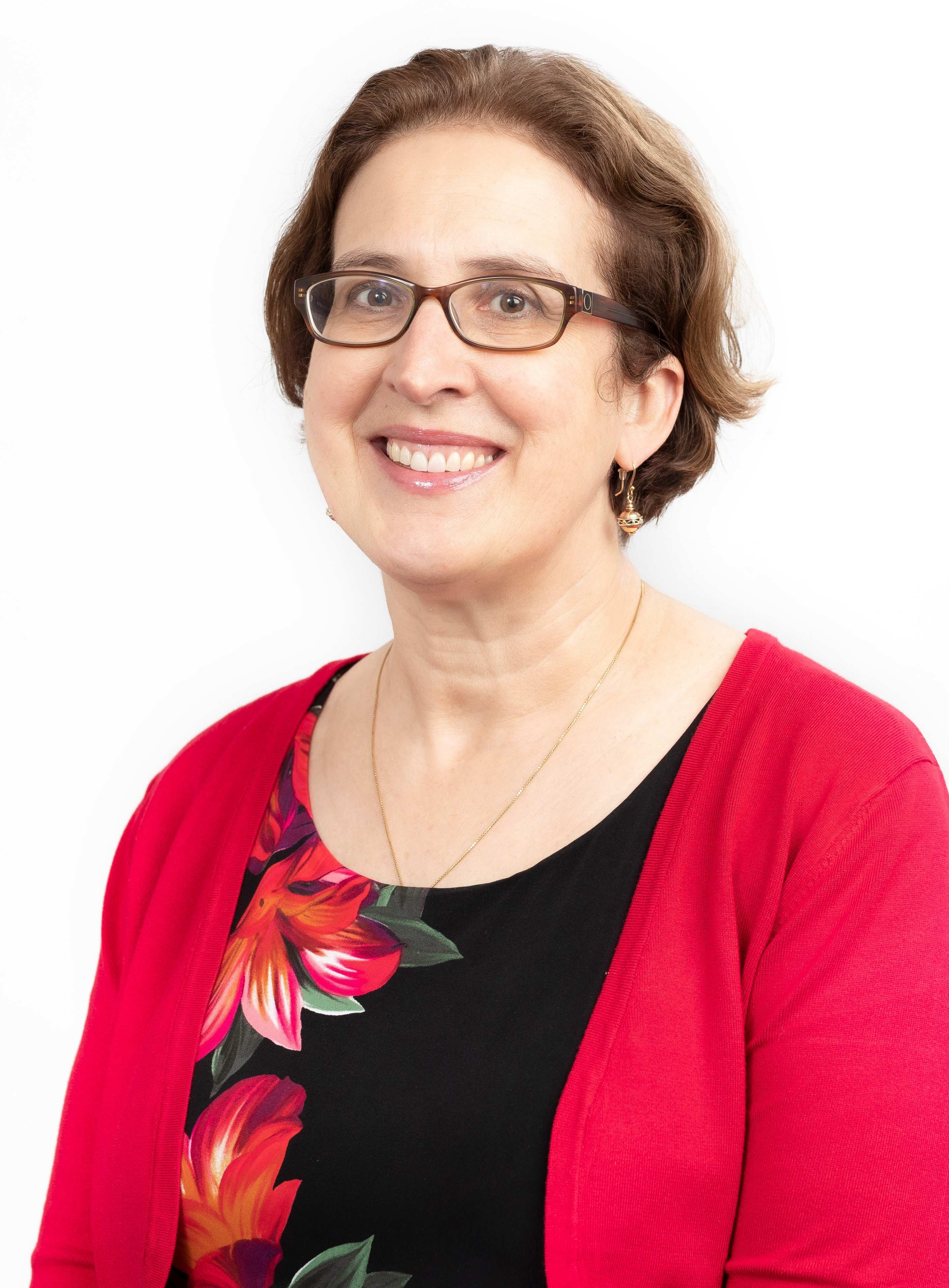Connect with us

Science builds upon science. But falsified data and fake scientific papers are slipping through into academic journals and institutions, going largely undetected. In the last year, more than 10,000 articles were retracted from journals and research integrity experts think this is just the tip of the iceberg.
Elisabeth Bik has been described as a "super-spotter" of duplicated images in science (Nature), "biology's image detective" (New Yorker) and "data vigilante" (Vox). A microbiologist by training, Elisabeth Bik spent 15 years in academia and two years in industry, and in 2019 left her paid job to search for and report biomedical articles that contain errors or data of concern.
In her talk, Elisabeth shows examples of errors or research misconduct, how to report on scientific papers of concern, and how journals and institutions handle such allegations. She also address the growing problem of paper mills, for-profit networks that produce and sell large amounts of low-quality or fake papers.
Elisabeth is then joined on stage for a conversation with linguist Nick Enfield, computer scientist Judy Kay and Pro-Vice-Chancellor (Research) Benjamin Eggleton. Nick's research addresses the intersection of language, cognition, social interaction and culture; and offers perspective on information-processing and post-truth politics. Judy provides regular comment and expertise to media on AI, technology and education. With her team, Judy recently developed and tested a new tool to combat misinformation and fake science on social media.
Jennifer Byrne, Director of Biobanking – NSW Health and a cancer expert, hosts this event.
This event was held on Tuesday 22 October 2024 at the University of Sydney.

Elisabeth Bik, 2024. Photo: Michel N. Co
Elisabeth Bik is a Dutch-American microbiologist who has worked for 15 years at Stanford University and two years in industry. Since 2019, she is a science integrity volunteer and consultant who scans the biomedical literature for images or other data of concern. She has reported over 8,000 scientific papers. Her work has resulted in over 1,200 retractions and another 1,000 corrections. For her work on exposing threats to research integrity, she received the 2021 John Maddox Prize.

Nick Enfield is a Professor of Linguistics at the University of Sydney and a member of the Fighting Truth Decay research node at the Charles Perkins Centre. Nick has published widely in linguistics, anthropology, and cognitive science venues, and has written for the Guardian, Times Literary Supplement, Wall Street Journal, and Science, including his recent books Language vs. Reality, Consequences of Language, and How We Talk. His next book What is Truth For? will be published by Bristol University Press in 2025.

Judy Kay is a Professor of Computer Science. She leads the Human Centred Technology Research Cluster, in the Faculty of Engineering at the University of Sydney. A core focus of her research is to create systems and interfaces for personalisation so that people can scrutinise and control them. She has created systems to support people in lifelong, life-wide learning, with new forms of interaction including virtual reality, surface computing, wearables and ambient displays. Her research includes reducing the impact of retracted science that is spread in social media and her teaching includes teaching data scientists how they can reduce truth decay.

Benjamin Eggleton is a Professor of Physics at the University of Sydney and currently serves as Pro-Vice-Chancellor (Research). He is co-Director of the NSW Smart Sensing Network (NSSN).

Jennifer Byrne is the Director of Biobanking – NSW Health, and Professor of Molecular Oncology in the School of Medical Sciences in the Faculty of Medicine and Health. She leads the PRIMeR group (Publication and Research Integrity in Medical Research) and is based at the NSW Health Statewide Biobank at Camperdown, NSW.
Header image: Photo by Rob Martin on Unsplash